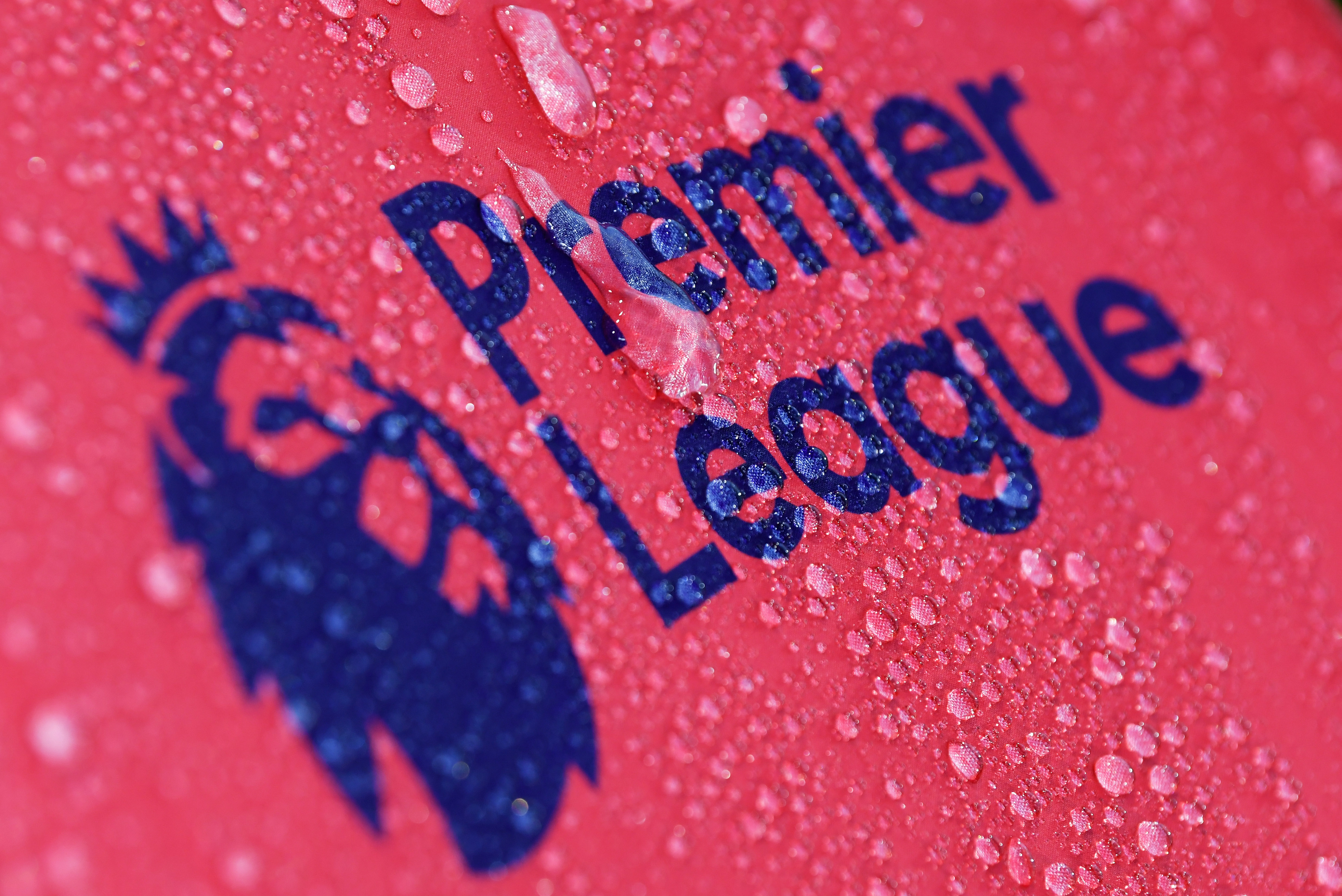Prior to the start of the biggest sporting spectacle ever, the FIFA World Cup 2010, several of the organizing committee’s executives spent sleepless nights fretting over the proverbial doomsday scenario. Something that could potentially put the brakes on the event, or at least dampen its characteristic fervor. In retrospect, FIFA needn’t have worried; the security for the event proved top-notch and the traveling hordes, remarkably well-behaved. What FIFA should’ve instead been paying attention to, is the game itself – after all, games are ruined by what happens on-field, and not necessarily by what happens off it. For an organization, that prides itself on using thermal bonded perfectly spherical balls and tracking devices to innocuously determine the distance a player has trudged, FIFA is astonishingly hesitant to extend its acceptance to video technology.
And it’s not even the kind of video technology that would make Big Brother proud. It’s just a good ol’ variant of a harmless video recorder, with an instant playback feature – the one used to document countless summer vacation moments. Which begs the question, why the reluctance?
This recently concluded World Cup will suffer the ignominy of going down in history as one where a bunch of over-the-hill officials, bungled their way into eternity by shaping the outcome of several games using nothing more than sheer ineptitude. While there were a dozen howlers throughout the tournament, there is one that stands out. A Frank Lampard shot that bounced over a yard past the German goalline, was not awarded – this despite the fact the giant screens playing back the action, served as a constant reminder to the referee of the inaccuracy of linesman Mauricio Espinosa’s decision. Choosing to stick with the status quo, has caused irreparable harm to the integrity of the game and its governing body.
Opponents of the move to let technology play a greater role in the sport, point to the need for a human element. A seemingly valid point which loses traction, once you realize that technology would aid officials, not replace them. Refuting the contention that frequent use of such technology would scuttle the smooth flow of the game, is much easier. In the face of contentious decisions, the aggrieved party often tends to run down the clock even further with an almost inevitable round of protests. With real-time irrefutable evidence backing a referee’s decision, the time the game stands to save is paramount to the argument in favor of video aids.
FIFA’s realization that the time has come for decisive action must be met with concrete measure, not half-baked back-channel announcements that it is ‘seriously considering’ trying out a prototype which works using camera feeds that are then analysed by dedicated software that reportedly make the decision for the referee. Such a setup is likely to be highly experimental in nature, and the results are unlikely to be reliable right away, and this might give FIFA even more time in which to continue with the current travesty. One of the many other potentially more reliable goal-line technologies that were considered, was a HawkEye system and a microchip placed in the ball. Despite promising results, FIFA officials (Blatter and Valcke included) voted 6-2 against goal-line technology – a damning indictment of their unwillingness to learn from their mistakes and wallow in prehistoric times.
 Sepp Blatter : The man that time forgot
Sepp Blatter : The man that time forgot
Choosing instead, to offer two additional referees for the upcoming UEFA Champions League, FIFA has snubbed overwhelming public opinion. If the current system of using linesmen to aid the referee isn’t working, then the addition of a couple of similarly ‘handicapped’ officials is not going to be of any help. It seems ridiculous that the referee, perhaps the most important factor in a game’s most crucial moments, does not even have the luxury of a replay : something anyone with even a flickering TV set at the other end of the world, does. Sepp Blatter, as a witness to perhaps the most disastrous refereeing error of the tournament, might be seen as pliable now to a greater push for technology provided it comes from the footballing associations of European and Latin American powerhouses. Come October, football fans the world over will get to see if the International Football Association Board (IFAB) votes in favor of goal-line technology.
FIFA’s reluctance to embrace the wave of the future, is grounded in 20th century paranoia. If football is to remain the pre-eminent sport of the current century, FIFA must lead the way. Its inability or unwillingness to do so, might lend credence to whispers that FIFA actively seeks to maintain the charade of human error in order to ensure the result of its liking. After all, as Scott Adams would say – incompetence, feigned or otherwise, is a powerful management tool. The Irish, and a certain English star not known to voice frank opinions, might agree.





